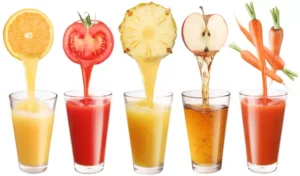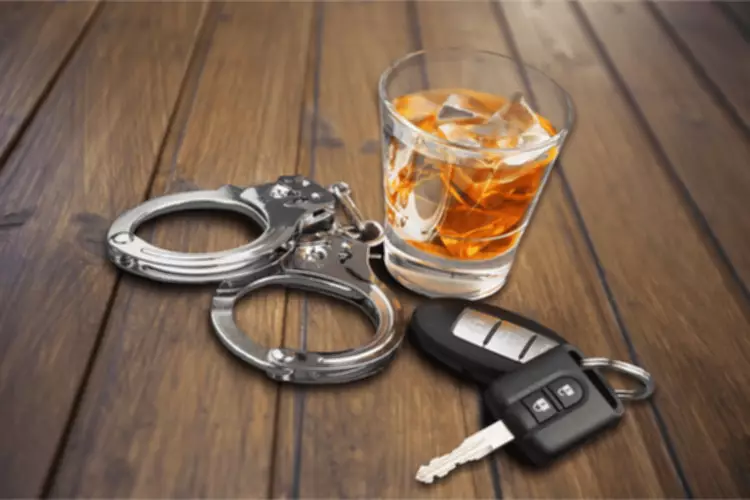
As a result, drinking can become a way for you to cope with depression, anxiety, and other invisible wounds of war. Many people with post-traumatic stress disorder (PTSD) experience blackouts. PTSD-alcohol blackouts may include intense flashbacks, or they may involve a dissociation from reality. Understanding the complex relationship between Alcohol Usage Disorder and PTSD is a vital step towards recovery.
Alcohol’s Effects on PTSD Symptoms
- These uncomfortable sensations persist even long after the event has ended.
- After a night of blackout drinking, people often find that they said or did things that they would not normally say or do.
- Join us on 7 March 2026 at the Edinburgh Corn Exchange for a night of empowerment, courage, and community as you walk barefoot across red-hot embers in support of people affected by PTSD and C-PTSD.
- A common experience after having a blackout is hearing stories about your behavior and having absolutely no recollection of it ever occurring.
- One study indicates that this therapy had a success rate of 61% to 82.4% in PTSD sufferers.
Evidence suggests particularly strong benefits from sertraline (Zoloft), paroxetine (Paxil), and venlafaxine (Effexor). Furthermore, not everyone with these symptoms meets the requirements of PTSD. To better understand PTSD, the Diagnostic and Statistical Manual for Mental Disorders (DSM-V) identifies these key diagnostic criteria. Traumatic events can be very difficult to come to terms with, but confronting and understanding your feelings and seeking professional help is often the only way of effectively treating PTSD. Join us on 7 March 2026 at the Edinburgh Corn Exchange for a night of empowerment, courage, and community as you walk barefoot across red-hot embers in support of people affected by PTSD and C-PTSD.

Addiction Therapy Programs
A common experience after having a blackout is hearing stories about your behavior and having absolutely no recollection of it ever occurring. Not enough is said about rest and the impact that exhaustion has on the body. Making a habit of resting well for every day of someone’s life can help them avoid blackouts. Or someone who is constantly misplacing their beer even though they had it in their hands a few minutes before?
- Some evidence shows that veterans who have experienced PTSD tend to develop AUD, perhaps reflecting the self-medication hypothesis.
- If you’re dealing with complex trauma and AUD, don’t hesitate to reach out to a mental health professional.
- At Heroes’ Mile, you get a personalized care plan that uses compassionate, research-based therapies administered by veterans.
Prevalence Surveys Outside the United States
The cross-sectional nature of the data limited us from examining change over time or directional relationships. We also used a sample of college students with a trauma history who reported alcohol use during the previous three months, and these findings may not generalize to different populations. To better understand these relationships, future research should include longitudinal designs so that the temporal implications of the meditational model could be examined. As the current study did not include a measure of alcohol as self-medication, or drinking to cope, we were unable to conclude whether emotion dysregulation mediates the relationship between PTSD and drinking to cope. Future studies should examine whether drinking to cope does in fact show similar associations with PTSD and emotion dysregulation.
Identifying these in your life may require keeping a journal to record frequency, duration, and problems caused by blackouts. I had to learn to accept that I had them but choose to not keep them in my life. I needed to acknowledge their existence before I would take the necessary steps to take back responsibility alcoholism treatment of my life, either PTSD or I was going to run my life. Counseling helped me to take on these monster symptoms that were munching away 2/3 of my life. Ultimately, each veteran’s experience is unique, and there is no experience that you have to go through to be considered traumatized.


Recent estimates suggest that 595,000 veterans misuse opioids of some form, with the vast majority struggling with prescription painkillers. When you pass out or faint, you experience a temporary loss of consciousness. Timmen L. Cermak, MD, is a psychiatrist who specializes in addiction medicine. He is the author of numerous books, including ptsd alcohol blackout From Bud to Brain and Marijuana on My Mind.
Dr. Bracken has been employed by Fellowship Health Resources, the Bureau of Prisons, and the University of Memphis. PTSD can be a disabling condition, and, when combined with alcohol, it generally becomes worse. Whether you’re looking for assistance with PTSD symptoms, anxiety, alcohol-related issues, or simply seeking a path to better wellness, Reframe is a great place to start. We just learned that excessive consumption of alcohol often has a boomerang effect on those of us who use it as a coping method or self-medication.